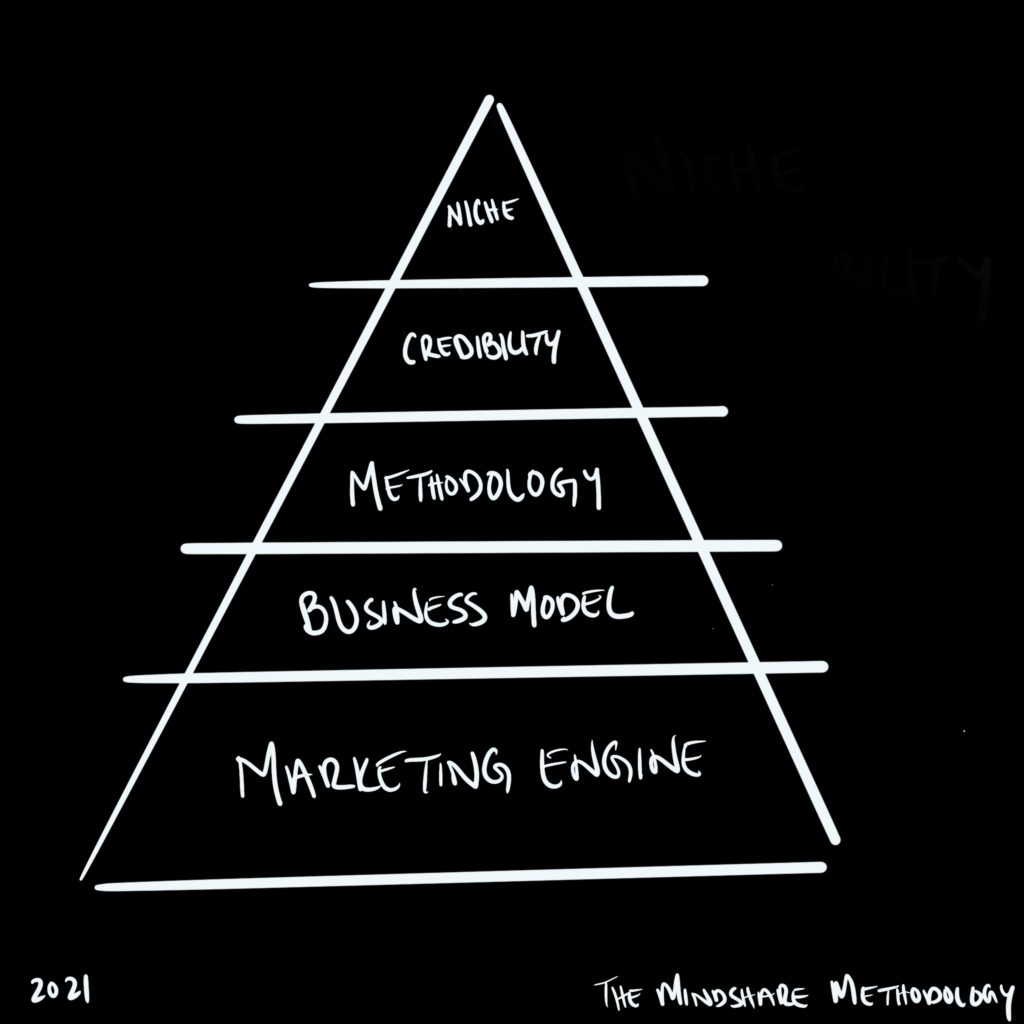I’ve started collecting insights lately.
They cover a wide range of topics, including insights about myself, business, human nature, and a variety of other areas.
I’ve been trying to write them down in case I forget them. They feel valuable.
Here are a few examples I’ve collected:
- Finding and hiring good people is a major pain—and therefore it’s a valuable thing to offer in my work.
- I’ve always been more of a strategist than a technician—even since the days as a teenager when I recruited volunteers to create content and build technical areas of a website and forum that attracted thousands of visitors a month. I need to continue leaning into my natural skills and tendencies in ways like this.
- Memes are an extremely effective form of marketing and communication.
- More than anything else, people hire coaches to instil confidence in themselves—which also happens to drive results in the process (ideally combined good advice).
These are fairly personal to me. They won’t mean as much to you as they do to me. You may not even agree with all of them!
They’re just a few examples to show you what I mean.
Do you have an insights list? It might be worth keeping a note on your phone for the moments when inspiration strikes.
